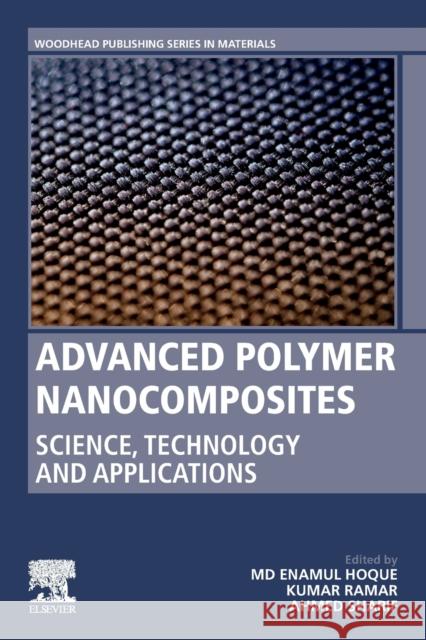Advanced Polymer Nanocomposites: Science, Technology and Applications » książka
topmenu
Advanced Polymer Nanocomposites: Science, Technology and Applications
ISBN-13: 9780128244920 / Angielski / Miękka / 2022
Kategorie:
Kategorie BISAC:
Wydawca:
Woodhead Publishing
Seria wydawnicza:
Język:
Angielski
ISBN-13:
9780128244920
Rok wydania:
2022
Numer serii:
000324243
Oprawa:
Miękka
Wolumenów:
01
Dodatkowe informacje:
Bibliografia
Wydanie ilustrowane
Wydanie ilustrowane











